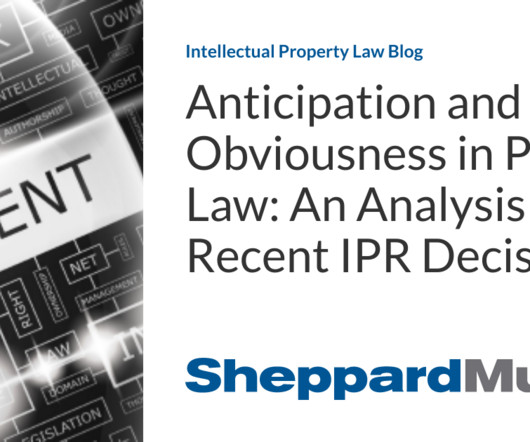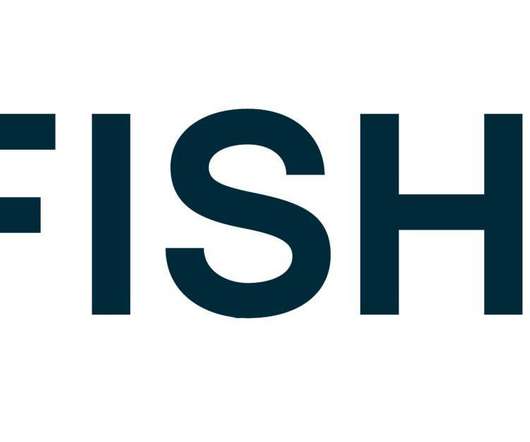Anticipation and Obviousness in Patent Law: An Analysis of Recent IPR Decisions
Intellectual Property Law Blog
DECEMBER 21, 2023
Reasoning Regarding the Board’s anticipation finding,Incept first argued on appeal that the Board committed legal error because it engaged in a “patchwork approach” that involved “picking and choosing” from Wallace’s different teachings to piece together the elements of the ’723 patent claims. Relying on Eli Lilly & Co.












Let's personalize your content